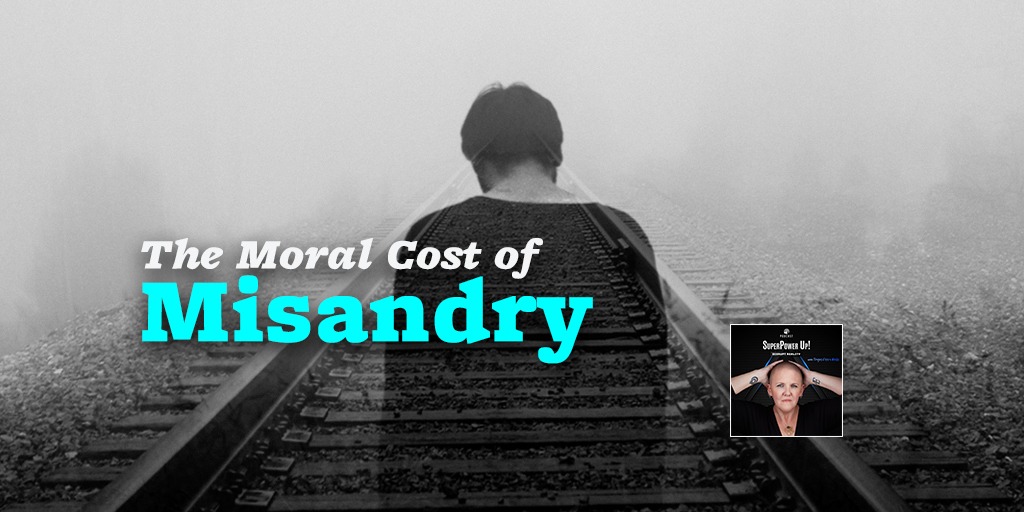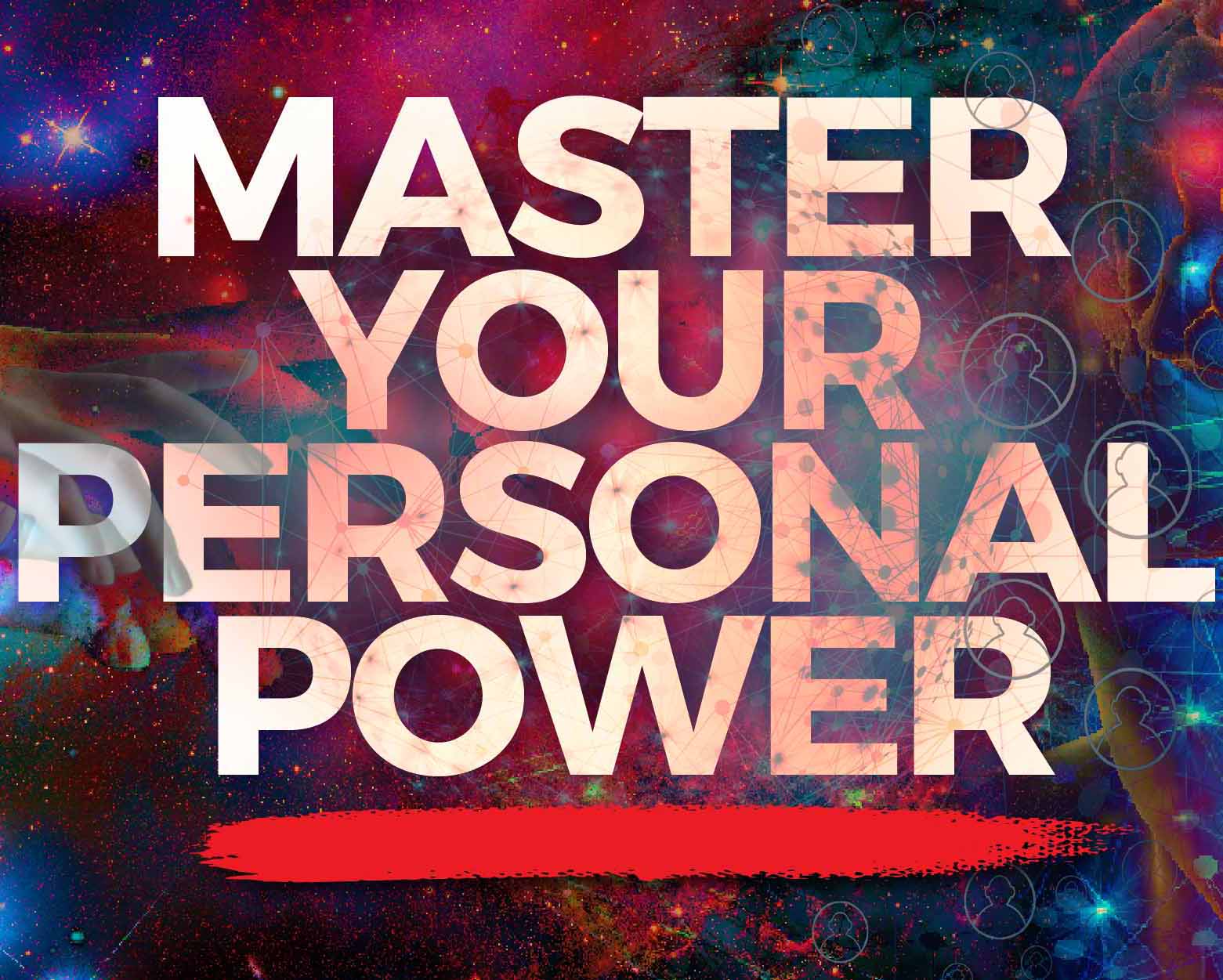 One of the most unpopular topics in the slew of prejudice issues is misandry, and yet, there’s a true moral cost to its perpetuation. In this episode of Disrupt Reality, host Tonya Dawn Recla explores the concept with Dr. Paul Nathanson. Paul’s work in the field of misandry is both extensive and grounded, as well as documented in a series of books on the topic. If you’re curious about the personal and cultural cost of over-generalizing and villainizing any represented group, then don’t miss this fascinating conversation.
One of the most unpopular topics in the slew of prejudice issues is misandry, and yet, there’s a true moral cost to its perpetuation. In this episode of Disrupt Reality, host Tonya Dawn Recla explores the concept with Dr. Paul Nathanson. Paul’s work in the field of misandry is both extensive and grounded, as well as documented in a series of books on the topic. If you’re curious about the personal and cultural cost of over-generalizing and villainizing any represented group, then don’t miss this fascinating conversation.
Hello, everyone. This is Tonya Dawn Recla, your Super Power Expert, and we have a really fantastic conversation for you today. I’m excited to bring this forward because it’s one of those conversations that you’re like, “Are they going there?” And it’s like, “Yeah. Of course, we’re going to go there.” We go there on everything because here are the problem folks. Whether we explore these concepts or not, whether we’re willing to talk about them, whether they make us uncomfortable, whatever the case may be, there is a pervasiveness to some really uncomfortable things lately. If you’re not noticing that, or if you don’t really get what we’re talking about, then you’re probably not paying a whole lot of attention to the world right now. So, today we’re going to be talking about the moral cost of misandry. And that may be a word that some of you may have never heard.
If you’ve heard it, you’re kind of like, “Whatever.” So, I’m not even going to define it for you. We’re going to dive into this with somebody far, far, far better equipped to open up that dialogue than I am, and I’m excited where we can meet in the middle of it. So, we’re talking today with Dr. Paul Nathanson and his work, his study of misandry, and what happens when we allow something like that concept to inform not just our culture, but also how we view each other, how we interact with each other. If you’ve listened to me for more than a minute, you know my passion is in making sure that we are clear about what we’re discussing and how we’re discussing it and what we’re putting forward and what we’re giving our energy to, and what we’re refusing to look at because again, it’s not fun. It kind of is abrasive, and so we don’t shy away from those conversations.
Paul is a Gender History and Religious Studies professor and has just poured himself into this field of misandry. It’s worth listening to, folks. I know things are heated right now, and you cannot hope to catalyze change, assist in the transformation, or anything else unless you’re willing to really listen to information from all sides. I mean, that’s the most daunting ugliness of social media is this idea that nobody needs to seek any further than a quick retort that can get a bunch of thumbs up. So, we’re going to dive deeply into this topic and help illuminate for you why we think it’s important and why we hope you’ll listen. Please join me right now in welcoming to the show Dr. Paul Nathanson. Paul, thank you so much for joining us today.
Thank you for inviting me.
Well, I’m really delighted to have this conversation with you, and of course, we’re going to start by asking you, what are your superpowers?
Well, I could answer that by saying that I can fly through the air, but if I have any superpowers, I would say that one of them sounds crazy, but I think being gay has become for me a kind of superpower, not because of anything inherent in being gay, but simply because it exposed me at a very early age to bullies and all the negativity that comes with being bullied. Also, the questions that I asked as a child. I mean, “Why is this happening to me? Do I really deserve this? Am I that horrible that I deserve so much contempt?” Now, that really set me on the path, even though I didn’t know it at the time. The questions were serious enough that I would have to find, or at least try to find, answers to them, and that brings me to my second superpower, which is learning. I spent a lot of time doing research and developing theories, discarding them, starting over again.
But it’s all worked for the best. It’s all been a very rich, intellectually stimulating environment. Whether my superpowers will end up transforming the world or just me is another matter entirely.
Great. Great way to frame that up. Is there a difference? Isn’t that how we change the world? There’s a ripple effect, and we play with some folks here who are working in some pretty significant spaces in the stratosphere around how reality really operates. So, I think that at the very least we can say there is a correlation when we transform ourselves and what happens in the world at the very least how we perceive it. Let’s really dive into this conversation because it’s certainly worthy of the time we have here together and so much more. Can you please define for our audience misandry and explain a little bit about why? Why pick up that mantle?
Well, misandry is the sexist counterpart of misogyny. Misogyny is contempt or hatred toward women and misandry is contempt or hatred toward men. So, the definition is fairly simple, although some people assume that sexism is identical to misogyny and therefore it strikes them as odd that somebody would say, “Well, yeah, but the coin has another side.” Well, it does have another side and so misandry and misogyny actually function together in society. They’re opposites, but they also feed off each other. So, I think to study one, you have to study the other two.
I like that you’re saying that. A big part of my work was in group relations, and from that, I did a lot of work in white-racial identity development. It’s not a popular thing when you attempt to look at and give voice to power majority positions. I think it’s necessary just like what you’re talking about. So, a recent article that we just published was called Assume the Position, Ladies: Inviting the Rise of the Divine Masculine. In there, I talk about the pervasiveness of the masculine and what the ripple effects are of assuming that we all have a shared framework of it. You and I talked about that a little bit before we got started here, so when we come back from the break, I want to dive into what you were sharing about this idea of the words we use and how that informs our reality. Super fascinating stuff. So, folks, we’re talking today with Dr. Paul Nathanson. We’re talking about the moral cost of misandry. Paul, before we go anywhere, where can people go to find out more about you?
Well, I wrote four books with Katherine. I’ve written other books too, but I wrote four books with Katherine Young on misandry, and they’re all on Amazon.
Beautiful. We’ll link those.
That’s a reasonably good introduction. I’ve written many articles too.
Yeah. Perfect. Perfect. Well, we’ll go ahead and link those books. Folks, stay with us. When we come back, we’re going to continue this fascinating conversation about the moral cost of misandry. You’re not going to want to miss it because we can illuminate in the sense of how do you take your first steps into looking at this? The big conversation right now is how do we talk about, or how do we understand that which we didn’t even see. So, this is a ripe conversation right now. So, stay with us. We’ll be right back after the break. You’re not going to want to miss it.
To listen to the entire show click on the player above or go to the SuperPower Up! podcast on iTunes.
Podcast: Play in new window




